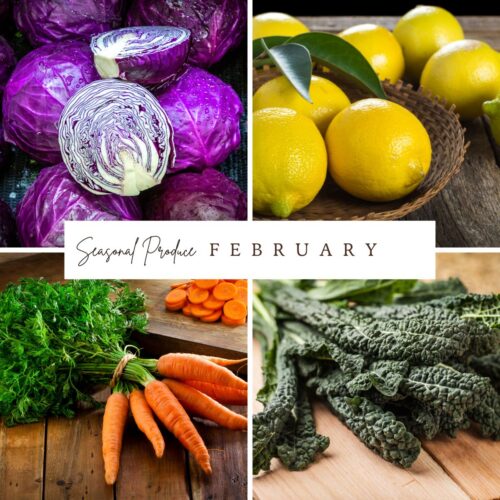In a world where most fruits and vegetables are available year-round, the charm and benefits of eating seasonally are often overlooked. Seasonal eating is not just a trend; it's a sustainable approach that reconnects us with nature's rhythms, ensures fresher produce, and supports local agriculture.
Why Seasonal Matters
Eating seasonally means enjoying fruits and vegetables at their peak in terms of flavor, nutritional value, and abundance. This approach has multiple benefits:
- Nutritional Richness: Produce harvested at its peak generally has more vitamins, minerals, and antioxidants.
- Flavorful Experience: Seasonal fruits and vegetables are often fresher and tastier.
- Environmental Sustainability: Eating seasonally reduces the demand for out-of-season produce, which often requires extensive transport and storage, contributing to a larger carbon footprint.
- Economic Benefits: Supporting local farmers and markets strengthens local economies and communities.
Navigating the Seasons
The article will guide readers through the different seasons, highlighting the fruits and vegetables that are at their best in each period. From the refreshing summer favorites like berries and tomatoes to hearty winter staples like squash and kale, we’ll explore the diverse range of produce each season offers.
Embracing seasonal fruits and vegetables is a journey of rediscovery, a way to align your diet with nature’s cycles. It’s about celebrating the diversity of produce available throughout the year and making choices that benefit your health, palate, and the planet.



